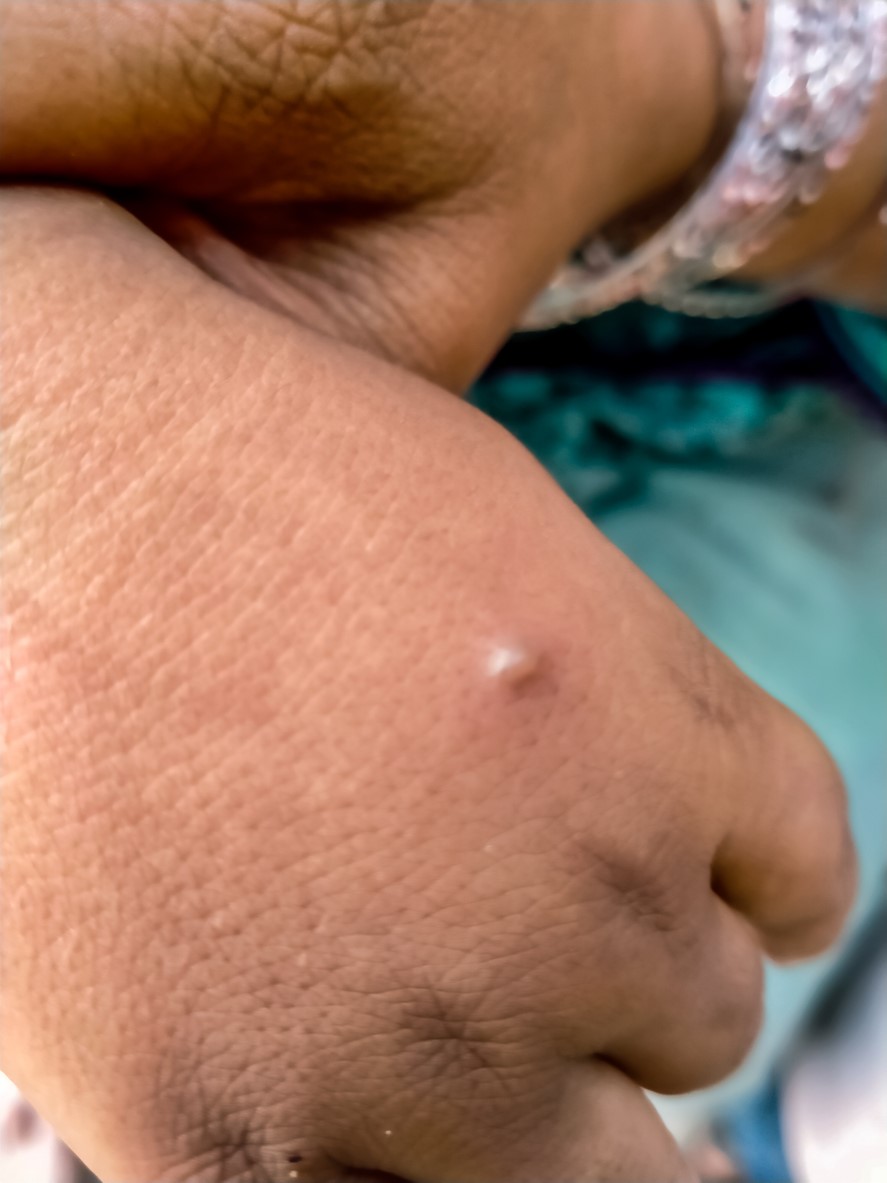 Today in Morbidity and Mortality Weekly Report, researchers from the NYC Department of Health and Mental Hygiene describe nine cases of new skin or mucosal lesions in patients with mpox who had recently completed the 14-day tecovirimat (Tpoxx) treatment course.
Today in Morbidity and Mortality Weekly Report, researchers from the NYC Department of Health and Mental Hygiene describe nine cases of new skin or mucosal lesions in patients with mpox who had recently completed the 14-day tecovirimat (Tpoxx) treatment course.
The authors said the nine cases may mean that post-treatment lesions are more common than previously thought. Patients' median age was 33 years, eight were men, one was a transgender woman, and five were HIV-positive. None had been vaccinated against mpox before contracting the virus.
All patients reported beginning treatment with the antiviral within 9 days of symptom onset and completing the recommended 14-day course with self-reported full adherence.
New lesions an average 13 days after treatment
Patients developed post-treatment lesions an average of 13 days after finishing their antiviral treatment course, and in eight of the patients the lesions were classified as less severe than those on initial presentation.
"Among six patients for whom orthopoxvirus testing of posttreatment lesions was conducted, one received a positive result," the authors said, which suggests post-treatment lesions do not likely need to be treated with a repeat course of tecovirimat.
The authors hypothesize that post-treatment lesions may be a recurrence of the virus, but viral loads are likely too low for detection.
Tecovirimat was restarted for two patients, for 1 and 2 weeks, respectively. Both had a full resolution of symptoms. Among the other seven patients, six had a resolution of symptoms and one was lost to follow-up.
The authors hypothesize that post-treatment lesions may be a recurrence of the virus, but viral loads are likely too low for detection. More research is needed, they conclude.

 A serious infectious threat response initiative (SITRI) at the US Veterans Affairs (VA) North Texas Health Care System (VANTHCS) was associated with reduced staff burnout during COVID-19 without increased healthcare-associated infections (HAIs), according to a
A serious infectious threat response initiative (SITRI) at the US Veterans Affairs (VA) North Texas Health Care System (VANTHCS) was associated with reduced staff burnout during COVID-19 without increased healthcare-associated infections (HAIs), according to a 











